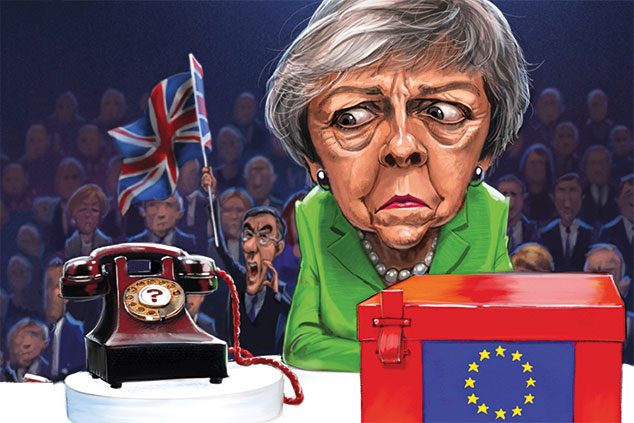
Theresa May appears to have agreed a Brexit deal with Europe, but the odds of getting MPs to sign off on it look slim. John Stepek looks at what that could mean for your money.
So that’s it. After more than two years of talks, Prime Minister Theresa May has finally agreed a draft withdrawal agreement with the European Union (EU). The UK is on its way out of the EU. Brexit is assured. Or is it? We look at concerns about the deal – which stretches to 585 pages of impenetrable legalese – in more detail in the box below, but in short, no-one is especially happy with it.
May herself looks set to remain in post. At the time of writing, it looks as if the prime minister will not face a vote of confidence, let alone lose it. Most Conservative MPs realise there is no obvious replacement – certainly no-one who could unite the party – and none of them wants to risk another early general election.
However, her chances of getting her withdrawal agreement through parliament in its present form appear non-existent – she simply doesn’t have the support (and that’s assuming the EU even signs it off this Sunday, which is by no means assured, given that Spain wants more clarity on Gibraltar while several other countries want to discuss fishing rights). If the deal is knocked back when parliament votes on it in early December, there are basically four options left.